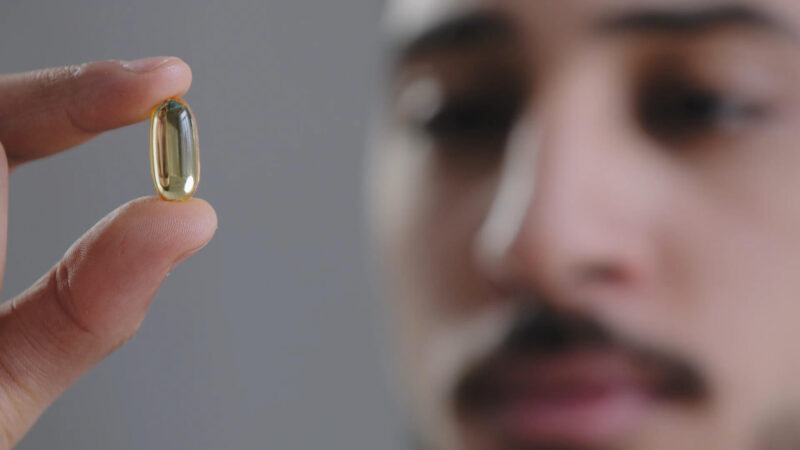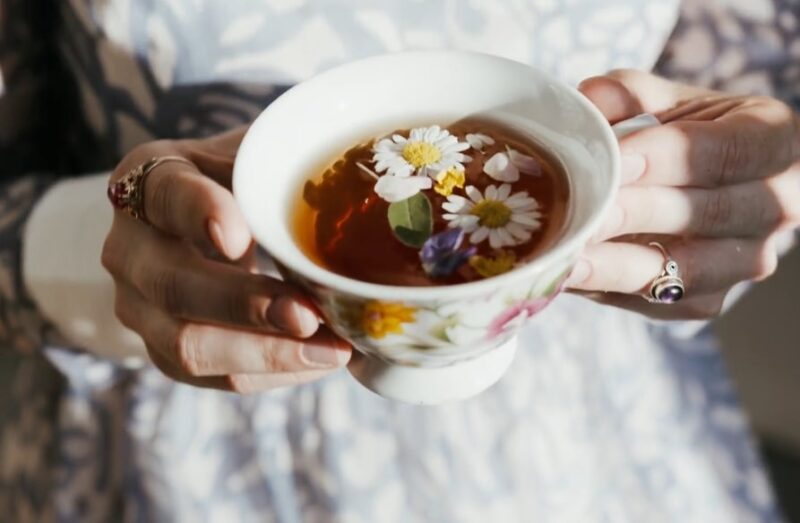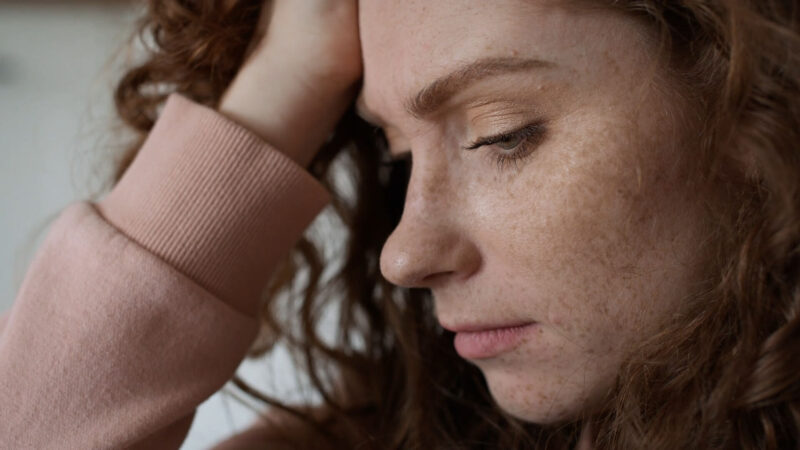Are you feeling anxious or depressed? There are lots of options to help you feel better. Some doctors recommend trying integrative therapies in addition to regular treatment. Integrative therapies help your mind and body work together.
These therapies use traditional medical treatments along with other natural methods. The fact is this is a more personalized approach is among the main advantages.
Let’s see what this is all about.
Mindfulness-based interventions
Two popular ways to practice mindfulness are called MBSR and MBCT.
In MBSR and MBCT, you learn to pay attention to your thoughts and feelings without judging them. Sometimes our minds race too fast! These methods teach us to just watch our thoughts without getting carried away by them.
Studies show mindfulness really can lessen anxiety and depression symptoms.
A study provided by Joke Bradt focuses on people with cancer and the effects of the condition on mental health.
“Mindfulness-based interventions can help reduce feelings of anxiety and depression by teaching people with cancer how to focus on the present moment in a non-judgmental way. This can lead to a decrease in stress and improve overall mental well-being.”
Yoga and Tai Chi

Yoga is more than just stretches – it’s good for your mind and your body! Yoga uses poses, breathing, and even meditation to help you feel better all over.
Yoga lowers stress levels and lifts your mood. The poses and breathing make you more aware of tense muscles too. This helps you relax. There are different kinds of yoga classes, from gentle to more active styles. Something for everyone.
Similar to yoga, Tai Chi can also bring many benefits. A team of scientists from the School of Medical Sciences in Malaysia delivered research on this topic.
This study found that practicing Tai Chi can help reduce feelings of depression and anxiety. It shows that adding Tai Chi to regular treatments like antidepressants can make them even more effective. Also, Tai Chi improved the overall quality of life for people feeling down or anxious, making them feel better both mentally and physically.
Music Therapy
Music has the power to lift your mood – and it can actually help with mental health issues too.
And this is not just my opinion. A well-known scientific investigator, Dr. Wayne Jonas, spent some time investigating integrative therapies and actually highlights music as one of the most efficient solutions.
“Music therapy, combined with conventional treatments, improves depression symptoms more effectively than conventional treatments alone. It has been found to also enhance the emotional well-being of elderly patients by reducing their symptoms of depression.”
Dietary Changes and Supplements

What you eat can really affect how you feel, both mentally and physically. Some vitamins and minerals are super important for keeping anxiety and depression away. Things like omega-3s, magnesium, and vitamins B12 and D help your brain and mood stay healthy.
Debra Fulghum Bruce, a well-known health expert, also supports these claims in her article on WebMD.
“Eating foods rich in antioxidants like fruits and vegetables can help protect your brain and improve your mood. Including protein-rich foods and complex carbohydrates in your meals can boost your energy and help stabilize your mood. Consuming omega-3 fatty acids, found in fish and nuts, can also support brain health and reduce symptoms of depression.”
Herbs

Chamomile is famous for relaxing you – it’s often in soothing tea. Doctors know it can help relax your mind and body for better sleep. Kava is said to lessen worry, but be careful – it could affect your liver so check with your doc first. And there is much more.
So, I’ve looked deeper and found a detailed study on “Anxiety and Complementary Health Approaches” available on NCCIH Clinical Digest. The paper covers some of the topics I already mentioned here, and this is what it says about the use of herbs:
“Some herbs like chamomile and lavender have been studied for their potential to help reduce feelings of anxiety and depression, showing positive effects in some cases.”
Functional and Integrative Medical Approaches

Sometimes, we really need to get into the patient’s mind and try to determine the cause. It’s always a hidden cause. And while there are efficient treatments, none of them are a definite solution for the issue. They won’t won’t reach a full recovery unless the root of the problem is determined.
And my colleagues are with me on this one. We must combine different methods for better results, which is the base of the functional and integrative approach.
CentreSpring MD shared an explanation that anyone will easily understand: “The functional and integrative medical approach to anxiety and depression focuses on finding and treating the root causes of these conditions, like diet or hormone imbalances, rather than just addressing the symptoms. It combines traditional medicine with natural remedies, such as diet changes and stress management techniques, to improve overall health.”
Conclusion
Integrative therapies may be a good option if you struggle with anxiety or depression. They combine regular treatments with natural methods customized for your specific situation.
Rather than just focusing on feelings, these therapies look at your whole self – mind, body, and spirit. The goal is not only easing symptoms, but finding and fixing the real reasons that cause worry and sadness.

